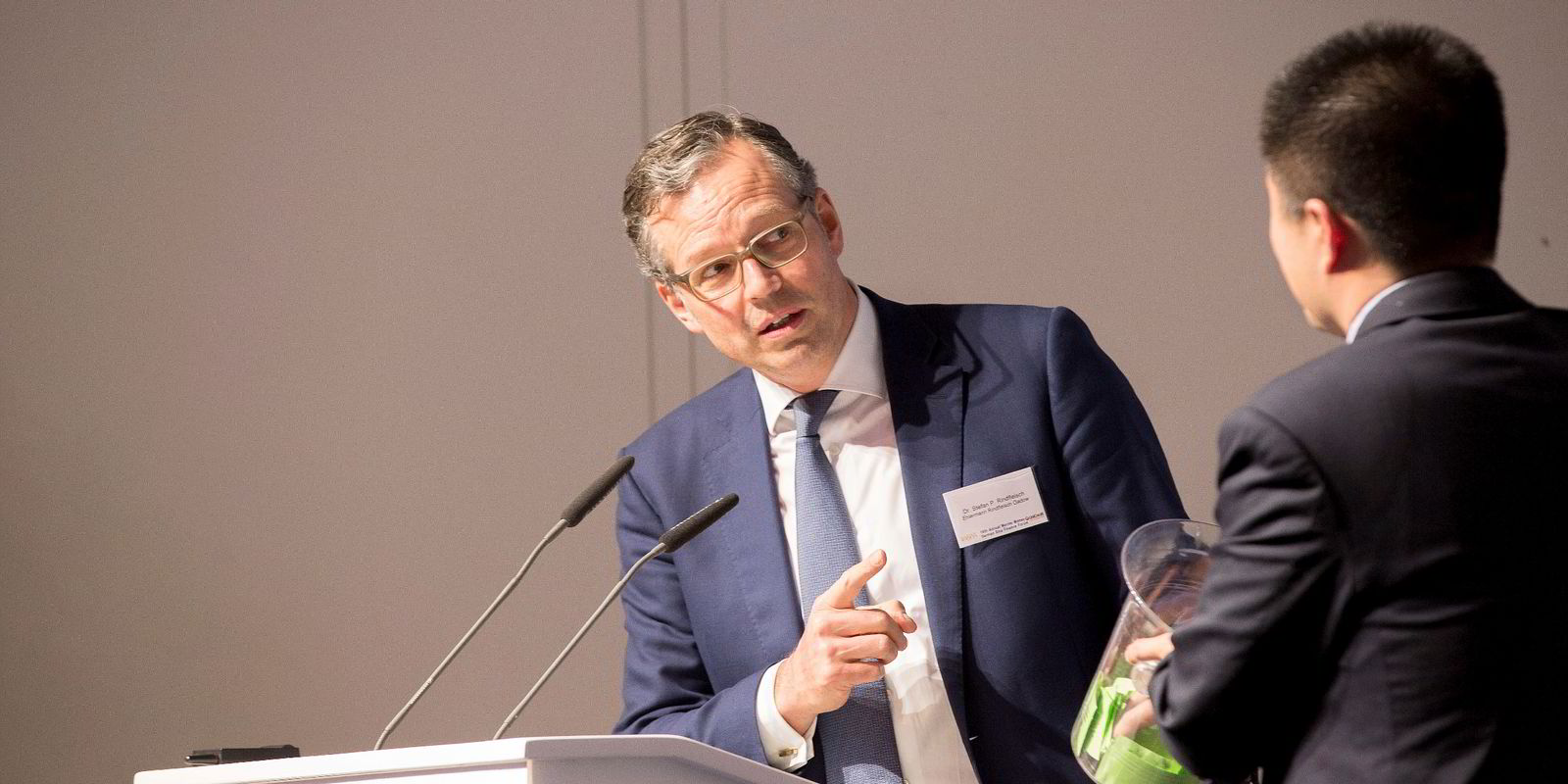The volume of shipping litigation in Germany has declined and, in response, legal firms have widened their scope of activity.
Lawyers are handling less core shipping business and focusing more on areas such as insurance, trade and IT issues.
Various reasons lie behind the changes. The resolution of cases stemming from the scramble for newbuildings during the shipping boom have played their part, as has the demise of the KG (limited partnership) financing system that inspired many of those orders.
Cancelled contracts
“We used to have big, ongoing cases for years out of cancelled shipbuilding contracts which owners had placed in China,” one Hamburg-based lawyer says.
But today, many of those cancelled yard contracts have been litigated out.
“There are only very few cases I have heard of [recently] where there are serious problems with shipbuilding contracts and these will not lead to cancellation but rather claims about penalties,” the lawyer says.
However, litigation linked to financing is still an important source of work and more likely nowadays than problems arising from casualties or charterparties.
Fallout from the demise of the KG system saw some law firms handling dozens of cases. One German law firm tells TradeWinds it was involved in around 100 but most have now been settled
A lot of past legal disputes involved damages claims under shipmanagement agreements where often struggling KG companies sued their managers. Some are still ongoing but the number of sizeable cases has declined as time passed.
KG fallout
Fallout from the demise of the KG system saw some law firms handling dozens of cases. One German law firm tells TradeWinds it was involved in around 100 but most have now been settled.
Since 2007, hundreds of single-ship funds have been declared insolvent. At its height, some 440,000 investors were shareholders in projects that benefited from the tonnage tax and, at the time, high charter rates.
The generally held opinion is that the KG financing system — which at one point funded one-third of the world’s containerships — is dead in its old public form whereby the famous doctors and dentists were asked to subscribe maybe €20,000 or €100,000 for a stake in individual vessels.
Meanwhile, cargo claims normally only find their way to German law offices when the protection and indemnity clubs are unable to resolve disputes. Although they form one of the largest categories of P&I claims, by both volume and value, such cases are normally sorted quickly.
P&I claims
P&I issues that end up being litigated typically involve big claims related to offshore energy, such as damage by vessels to installations.
But what has been growing for German lawyers is a shift towards short-term contractual advisory work, often where urgently needed advice has to be given within 24 or 48 hours.
Often this can involve management contracts, shipyards, ship suppliers and shipowners.





